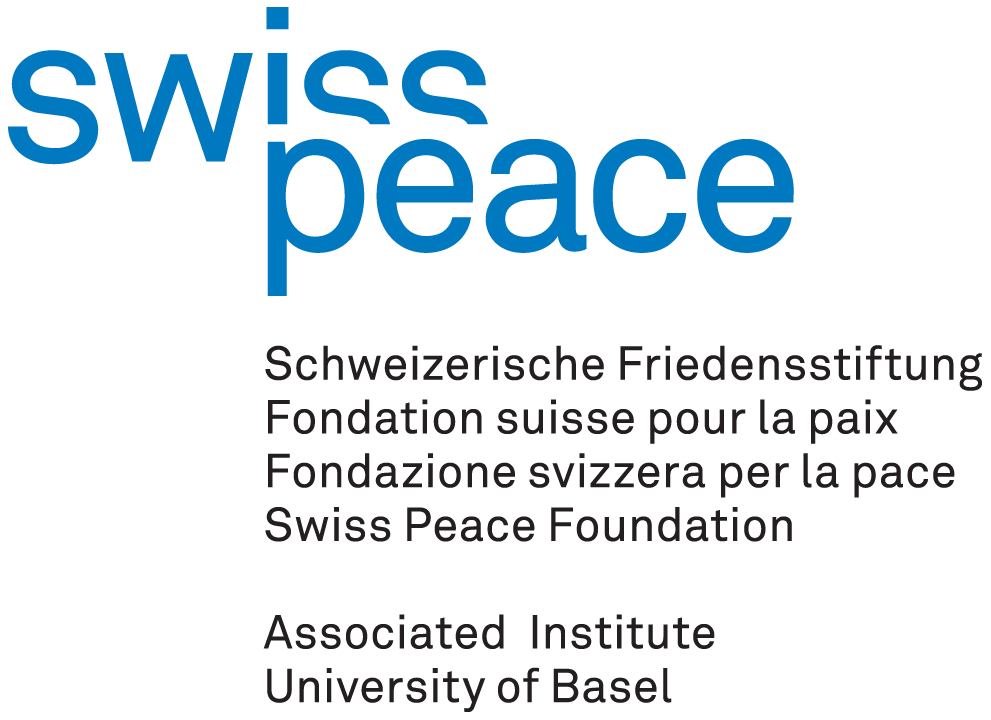A Conflict Sensitive Approach to Field Research – Doing Any Better?
This publication by swisspeace and the KFPE demonstrates, in eight contributions, how scientists view their research as dependent of national and international power structures. Research in conflict zones can point to ways and means to diffuse tension, if consciously undertaken. To achieve this objective, field research projects need to consider these specifics from the very outset.
The authors conclude that research is consequently never “neutral”: even the best methodological approaches would not increase the acceptance of research results, if the very specific power structures at play are not taken into account at the outset of the project. Field reports indicate that researchers not only put their own security at risk, but also that of their local counterparts and the wider involved local communities. This is all the more important as sensibly and consciously carried-out research may diffuse tension, particularly in societies marked by conflict and violence.
The authors request that not only scientists, but also donor agencies and universities, take the specific requirements for carrying out research in conflict areas seriously. This implies that scientists should not cling to rigid research plans. At the same time, too high expectations of research results ought to be avoided, and researchers should be provided with the essential political support required for their projects.
Edition / Volume: Swiss Academies Reports / 12 (5)
Pages: 40
Standard identifier: ISSN 2297-1564 /DOI:10.5281/zenodo.848501
Contacts
SCNAT
Swiss Alliance for Global Research Partnerships (GRP-Alliance)
House of Academies
PO Box
3001 Bern
Switzerlandswisspeace
Kasernenhof 8
4058 Basel
Switzerland





